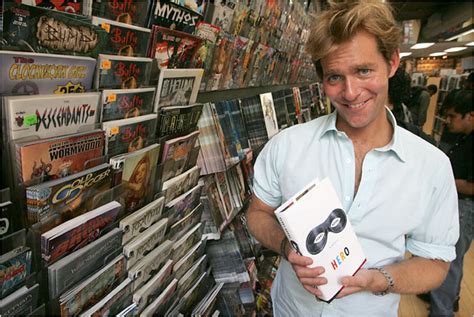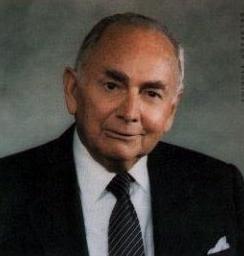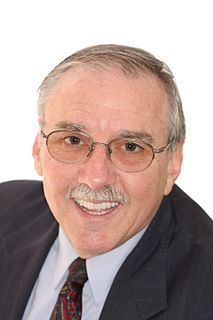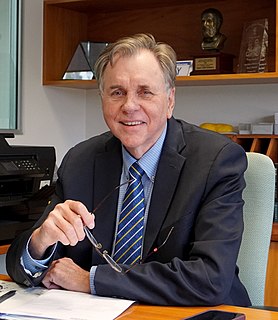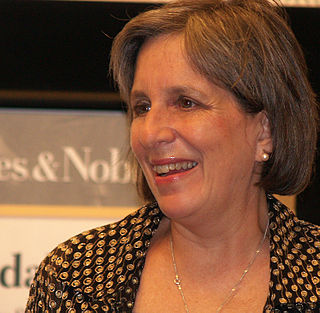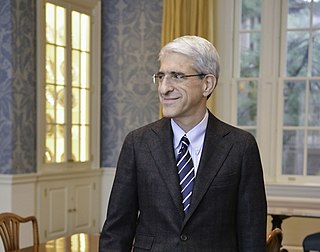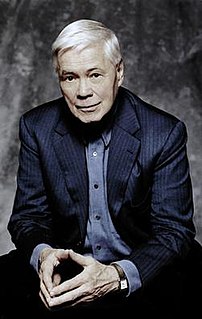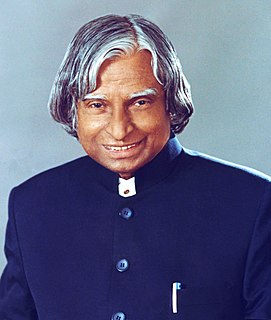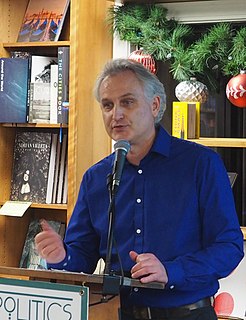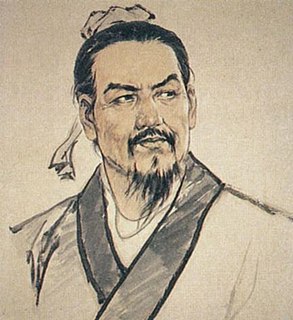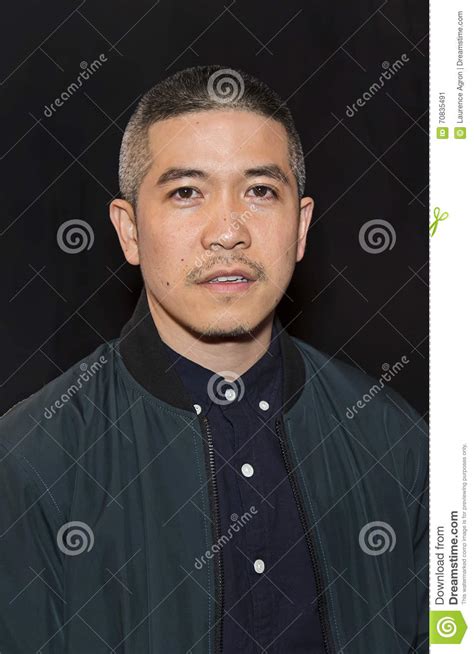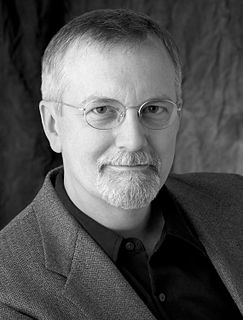Top 1200 Thinking Of Others Quotes & Sayings - Page 4
Explore popular Thinking Of Others quotes.
Last updated on April 20, 2025.
The best way to sell yourself to others is first to sell the others to yourself. Check yourself against this list of obstacles to a pleasing personality: interrupting others; sarcasm; vanity; being a poor listener; insincere flattery; finding fault; challenging others without good cause; giving unsolicited advice; complaining; attitude of superiority; envy of others' success; poor posture and dress.
With vertical thinking one may look for different approaches until one finds a promising one. With lateral thinking one goes on generating as many approaches as one can even after one has found a promising one. With vertical thinking one is trying to select the best approach but with lateral thinking one is generating different approaches for the sake of generating them.
Every person has the power to make others happy. Some do it simply by entering a room others by leaving the room. Some individuals leave trails of gloom; others, trails of joy. Some leave trails of hate and bitterness; others, trails of love and harmony. Some leave trails of cynicism and pessimism; others trails of faith and optimism. Some leave trails of criticism and resignation; others trails of gratitude and hope. What kind of trails do you leave?
You should desire for others what you desire for yourself, and hate for others what you hate for yourself. Do not oppress, just as you do not like to be oppressed. Do good to others just as you would like good to be done to you. Dislike in yourself what you dislike in others. Accept that treatment from others which you would like others to accept from you. Do not say to others what you do not like to be said to you.
I was raised thinking that moral and ethical standards are universals that apply equally to everyone. And these values aren't easily compatible with the kind of religion that posits a Creator. To my way of thinking, an omnipotent being who sets up a universe in which thinking beings proliferate, grow old, and die (usually in agony, alone, and in fear) is a cosmic sadist.
There's nothing to mourn about death any more than there is to mourn about the growing of a flower. What is terrible is not death but the lives people live or don't live up until their death. They don't honor their own lives ... their minds are full of cotton. They swallow God without thinking, they swallow country without thinking. Soon they forget how to think, they let others think for them.... Most people's deaths are a sham. There's nothing left to die.
Individuals understood in relational terms cannot be conceived as fully separate from their communities. Others in one's community may already be a part of the self. This conception of the person as overlapping in identity with others has normative implications for what constitutes the good of the individual and how that good relates to the good of others. One's relationship with others can form a part of one's good as an individual, such that one can have a compelling interest in the welfare of these others and in one's relationship with them.
So what is the difference between "power thinking" and "positive" thinking? The distinction is slight but profound. To me, people use positive thinking to pretend that everything is rosy, when they really believe that it's not. With power thinking, we understand that everything is neutral, that nothing has meaning except for the meaning we give it, and that we are going to make up a story and give something it's meaning.
The remarkable thing is that we really love our neighbor as ourselves: we do unto others as we do unto ourselves. We hate others when we hate ourselves. We are tolerant toward others when we tolerate ourselves. We forgive others when we forgive ourselves. We are prone to sacrifice others when we are ready to sacrifice ourselves.
Somewhere along the line, positive thinking seems to have been confused with magical thinking. There's a notion that if you think positively enough, you can make anything happen by using the power of your mind. All the positive thinking in the world won't deliver good fortune or prevent tragedy from striking.
He didn’t know if that was really true or not, but he discovered something which was tremendously liberating: he didn’t care. He was very tired of thinking and thinking and still not knowing. He was also tired of being frightened, like a man who has entered a cave on a lark and now begins to suspect he is lost. Stop thinking about it, then. That’s the solution.
My manner of thinking, so you say, cannot be approved. Do you suppose I care? A poor fool indeed is he who adopts a manner of thinking to suit other people! My manner of thinking stems straight from my considered reflections; it holds with my existence, with the way I am made. It is not in my power to alter it; and were it, I'd not do so.
It's just one of those things. When you're a wrestler you're thinking about one guy, yourself, your character and whatever guy it is you're working with. When you're a writer and you're kind of in a booking type role, you're thinking about the entire roster so you're thinking about wrestling 24 hours a day.
What we're thinking about is a peaceful planet. We're not thinking about anything else. We're not thinking about any kind of power. We're not thinking about any kind of struggles. We're not thinking about revolution or war or any of that. That's not what we want. Nobody wants to get hurt. Nobody wants to hurt anybody. We would all like to be able to live an uncluttered life. A simple life, a good life. And think about moving the whole human race ahead a step, or a few steps.
The real "haves" are they who can acquire freedom, self-confidence, and even riches without depriving others of them. They acquire all of these by developing and applying their potentialities. On the other hand, the real "have nots" are they who cannot have aught except by depriving others of it. They can feel free only by diminishing the freedom of others, self-confident by spreading fear and dependence among others, and rich by making others poor.
We human beings are social beings. We come into the world as the result of others’ actions. We survive here in dependence on others. Whether we like it or not, there is hardly a moment of our lives when we do not benefit from others’ activities. For this reason, it is hardly surprising that most of our happiness arises in the context of our relationships with others.

